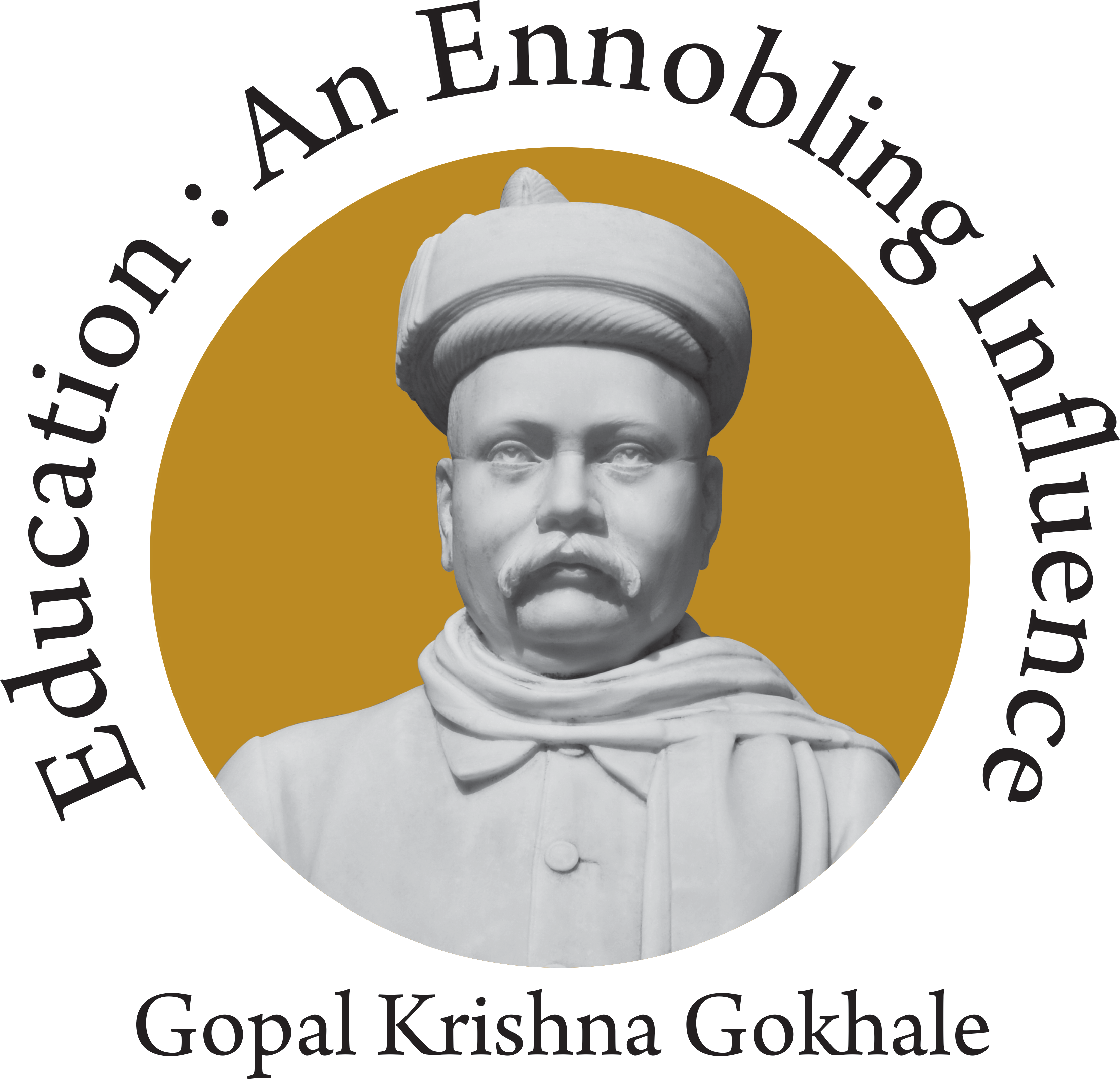| dc.description.abstract | Migration from one area to another in search of improved livelihood is a key feature of human history. Forced migration though has the elements of migration but its causes are different. India has been receiving refugees from its neighbouring countries including Sri Lanka. The recent figure shows that in 2009, India has hosted around 456,000 refugees and asylum seekers that include 96,000 Sri Lankan refugees who are mostly Tamils (USCRI, 2009). Like many other countries, multi-ethnic phenomena had led to the rise of ethnic conflict between Sinhalese and Tamil minority group. Disagreement between Sinhalese and Tamil ethnic communities flared up when drawing up Sri Lanka’s first post-independence constitution in 1948. Several instances later occurred that discriminated Tamils such as the language policy of Sri Lanka, 1956, banning of importing of Tamil media literature in 1970, change of country name, etc. In 1983, the ethnic conflict between Tamils and Sri Lankans in its serious discord led to civil and political unrest. After this the Tamil minority group started leaving their country seeking refuge in other countries. During 2007, there were about 97,708 refugees reside in Tamil Nadu of which 74,219 refugees reside in about 117 camps (Government of Tamil Nadu, 2007). The Sri Lankan Tamil refugees in Tamil Nadu are broadly categorised into following three divisions. The study was conducted among camp refugees. i) Camp Refugees – those who live in camps meant for refugees; ii) Non-Camp Refugees – those who have personal resources in Tamil Nadu and obtain special provision for accommodation to stay in Tamil Nadu; and iii) Special Camp Refugees – those who found to be a part of any militant outfits. | en_US |












